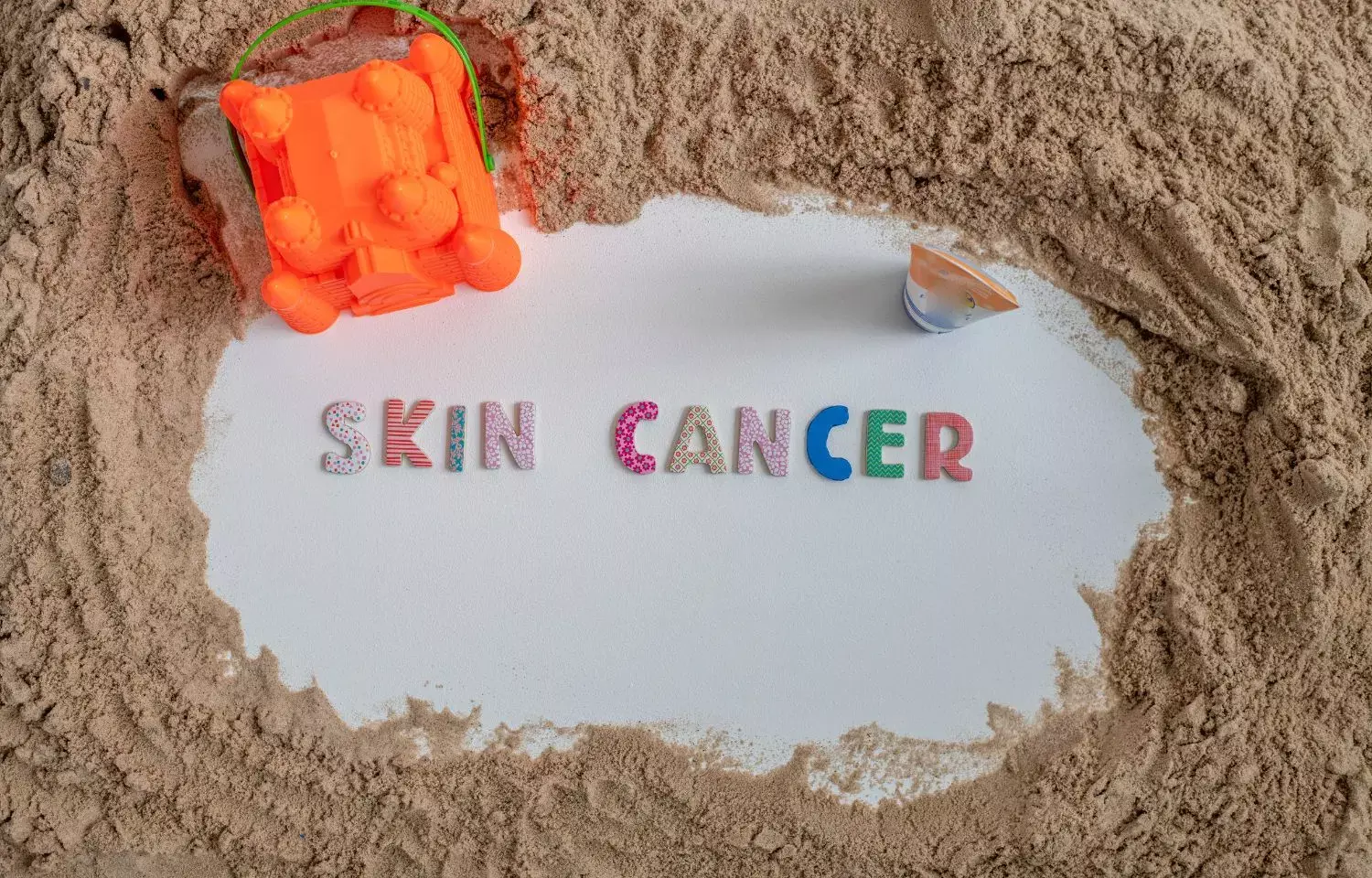- Home
- Medical news & Guidelines
- Anesthesiology
- Cardiology and CTVS
- Critical Care
- Dentistry
- Dermatology
- Diabetes and Endocrinology
- ENT
- Gastroenterology
- Medicine
- Nephrology
- Neurology
- Obstretics-Gynaecology
- Oncology
- Ophthalmology
- Orthopaedics
- Pediatrics-Neonatology
- Psychiatry
- Pulmonology
- Radiology
- Surgery
- Urology
- Laboratory Medicine
- Diet
- Nursing
- Paramedical
- Physiotherapy
- Health news
- Fact Check
- Bone Health Fact Check
- Brain Health Fact Check
- Cancer Related Fact Check
- Child Care Fact Check
- Dental and oral health fact check
- Diabetes and metabolic health fact check
- Diet and Nutrition Fact Check
- Eye and ENT Care Fact Check
- Fitness fact check
- Gut health fact check
- Heart health fact check
- Kidney health fact check
- Medical education fact check
- Men's health fact check
- Respiratory fact check
- Skin and hair care fact check
- Vaccine and Immunization fact check
- Women's health fact check
- AYUSH
- State News
- Andaman and Nicobar Islands
- Andhra Pradesh
- Arunachal Pradesh
- Assam
- Bihar
- Chandigarh
- Chattisgarh
- Dadra and Nagar Haveli
- Daman and Diu
- Delhi
- Goa
- Gujarat
- Haryana
- Himachal Pradesh
- Jammu & Kashmir
- Jharkhand
- Karnataka
- Kerala
- Ladakh
- Lakshadweep
- Madhya Pradesh
- Maharashtra
- Manipur
- Meghalaya
- Mizoram
- Nagaland
- Odisha
- Puducherry
- Punjab
- Rajasthan
- Sikkim
- Tamil Nadu
- Telangana
- Tripura
- Uttar Pradesh
- Uttrakhand
- West Bengal
- Medical Education
- Industry
Narrowband ultraviolet phototherapy increases skin cancer risk among Asians

A new study published in Photodermatology, Photoimmunology & Photomedicine it was shown that in Asian skin, narrowband ultraviolet B (NBUVB) phototherapy increases the risk of skin cancer.
Few research have been done on Asian patients compared to Caucasians on the risk of skin cancer associated with NBUVB. In order to ascertain the risk of skin cancer in Asian patients with psoriasis and vitiligo following NBUVB phototherapy, this study was carried out by Brian Chia and team.
All patients with psoriasis and vitiligo who received NBUVB (either 311nm wavelength through cabin phototherapy or 308nm wavelength using excimer lamp phototherapy) at the National Skin Center were included in a nine-year retrospective research. In order to conduct this study, researchers collected information on all skin cancer diagnoses and matched patient identifying numbers to the National Registry of Diseases Office database.
The key findings of this study were:
1. There were 3730 patients covered in all. 12 cases of skin cancer were identified throughout the investigation, of which 10 were basal cell carcinomas and 2 were squamous cell carcinomas.
2. In the study, no melanoma instances were found.
3. In patients with vitiligo and psoriasis who underwent phototherapy, the age-standardized incidence of skin cancer was 47.5 and 26.5, respectively, which is greater than the occurrence of skin cancers in the general population.
4. The cumulative (p=0.008), maximum (p=0.011), and prior systemic treatments (p=0.006) all linked favorably with the risk of skin cancer.
In conclusion, patients with psoriasis are more likely to develop skin cancer due to their higher cumulative and maximal phototherapy doses, systemic therapy use, and other risk factors. Despite the elevated risk, there are still few skin cancer cases overall, especially among vitiligo patients, and no cases of melanoma have been reported. This reassuring finding confirms that phototherapy is still a safe alternative for treating psoriasis and vitiligo.
Reference:
Chia, B. K. Y., Yew, Y. W., Zhao, X., Chong, W., & Thng, T. G. S. (2022). Incidence of skin malignancies in patients with vitiligo or psoriasis who received narrowband ultraviolet B phototherapy (308nm/311nm): a retrospective review of 3730 patients. In Photodermatology, Photoimmunology & Photomedicine. Wiley.https://doi.org/10.1111/phpp.12844
Neuroscience Masters graduate
Jacinthlyn Sylvia, a Neuroscience Master's graduate from Chennai has worked extensively in deciphering the neurobiology of cognition and motor control in aging. She also has spread-out exposure to Neurosurgery from her Bachelor’s. She is currently involved in active Neuro-Oncology research. She is an upcoming neuroscientist with a fiery passion for writing. Her news cover at Medical Dialogues feature recent discoveries and updates from the healthcare and biomedical research fields. She can be reached at editorial@medicaldialogues.in
Dr Kamal Kant Kohli-MBBS, DTCD- a chest specialist with more than 30 years of practice and a flair for writing clinical articles, Dr Kamal Kant Kohli joined Medical Dialogues as a Chief Editor of Medical News. Besides writing articles, as an editor, he proofreads and verifies all the medical content published on Medical Dialogues including those coming from journals, studies,medical conferences,guidelines etc. Email: drkohli@medicaldialogues.in. Contact no. 011-43720751


